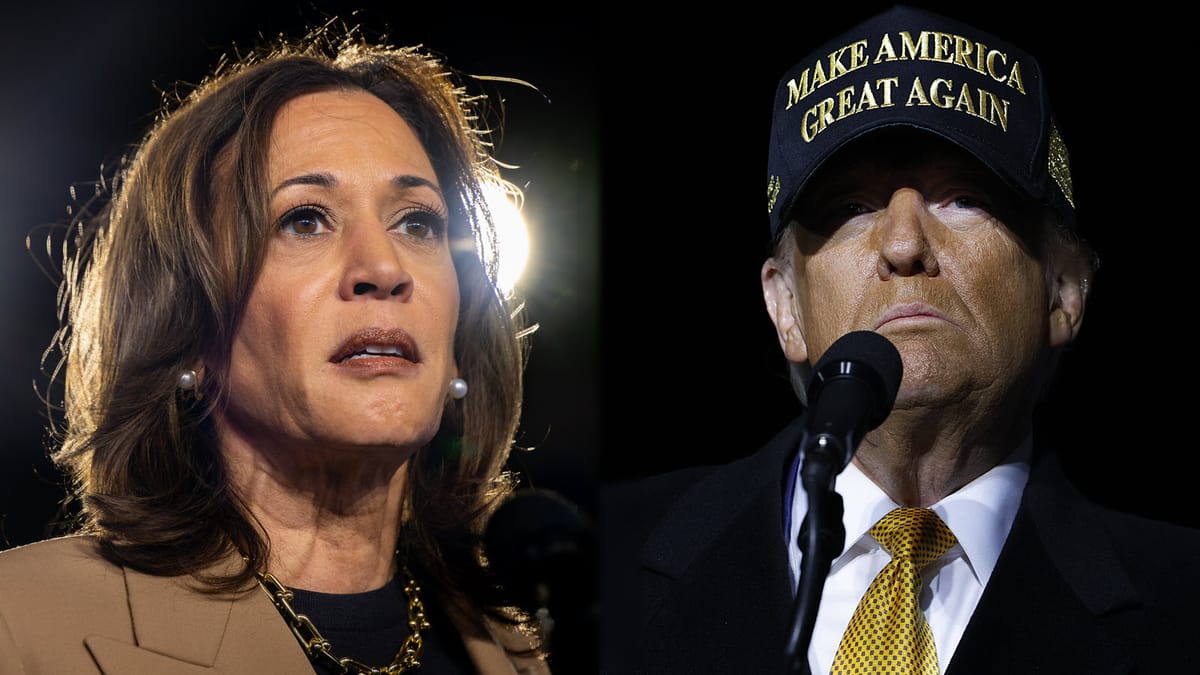The campaigns are relying on elite fundraisers to help them raise millions of dollars, but in a break from tradition they are not revealing their names.

For the first time in twenty years, neither presidential campaign is disclosing information about the elite fundraisers known as bundlers that they have relied on to raise large sums for their campaigns.
Bundler disclosure is not required by law, but it has been the tradition since the early 2000s for presidential candidates to voluntarily name them, particularly on the Democratic side. Harris is on course to be the first Democratic presidential nominee since Al Gore not to name her bundlers. Trump did not name his bundlers in his past elections, breaking with past Republican candidates like John McCain and George W. Bush, though Mitt Romney also did not disclose his bundlers. The only bundlers that the campaigns have disclosed are those who are registered lobbyists, which the law requires to be disclosed to the public on designated forms.
While individual donors are capped in how much money they can give to campaigns and their joint fundraising committees, bundlers can tap into their personal and professional networks to raise funds far beyond those limits, often reaching into the millions of dollars. Bundlers are routinely rewarded by candidates who get elected–for example, Obama gave plum jobs and appointments to almost 200 of his bundlers after he took office, according to CBS News. President Biden also appointed many bundlers to ambassadorships when he took office despite pledging in 2019 during the campaign that he would not appoint people based on their contributions.
A Harris campaign spokesperson declined to comment on the campaign’s decision not to disclose its bundlers. The Trump campaign did not respond to Sludge’s inquiry.



